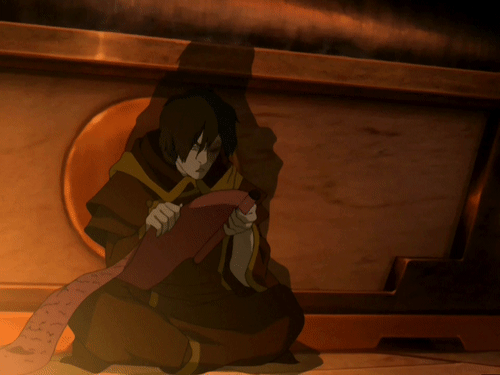
Date Read:
September 3rd, 2021 – September 12th, 2021
Rating: 
Format:
Audiobook
Summary:
In Cazadora, Romina Garber weaves together Argentine folklore and what it means to be illegal in a timely, intimate, and emotionally powerful narrative.
Werewolves. Witches. Romance. Resistance.
Enter a world straight out of Argentine folklore…
Following the events of Lobizona, Manu and her friends cross the mystical border into Kerana–a cursed realm in Argentina–searching for allies and a hiding place. As they chase down leads about the Coven–a mythical resistance manada that might not even exist–the Cazadores chase down leads about Manu, setting up traps to capture and arrest her.
Just as it seems the Cazadores have Manu and her friends cornered, the Coven answers their call for help. As Manu catches her breath among these non-conforming Septimus, she discovers they need a revolution as much as she does.
But is she the right one to lead them? After all, hybrids aren’t just outlawed. They’re feared and reviled. What happens when the Coven learns of Manu’s dual heritage? Will they still protect her? Or will they betray her?
And after running this far, for this long–how much farther can Manu go before her feet get tired, and she stops to take a stand?
Review (Minor Spoilers):
Trigger warnings for homophobia, misogyny, sexism, and mentions of rape, underage pregnancy, forced childbirth, stillbirth, and post-partum depression.
While my main issue with Lobizona was the slow pacing, Cazadora has the opposite problem. Sometimes the pacing issue manifests through the summarized scenes. At best, the summaries help speed up traveling scenes and moments when Manu recaps other conversations. At worst, they decrease the emotional impact of certain character interactions. Since the world-building hinges on the moon cycle, each novel in this duology only covers a month. That short time span made it incredibly difficult for me to understand why characters would risk their lives for Manu, especially if they just met. I understand that familial relationships, political ideologies, and tangential allyships formed because two characters share a friend influence many characters’ motivations. But I don’t think Garber adequately develops the interpersonal sides of those motives. That’s hard to do for so many characters with only one 400-page book.
Halfway through my reading, I found out from the author that Wolves of No World is only a duology. Yet by the end of Cazadora, I still felt a tad disoriented. The first book builds up classic dystopian and urban fantasy tropes like the chosen one and the group of misfits that want to topple the oppressive system. But Cazadora denies readers the satisfying ending we expect from fantasies with heavy real-world allegory by not immediately toppling the system. At first, this made me feel like the story was incomplete.

But after a few moments of thinking over the series as a whole, I grew content with this conclusion. While systemic sexism, homophobia, transphobia, and other forms of oppression are slightly exaggerated in the Septimus world compared to modern microaggressive societies, Garber addresses these issues realistically. Revolutions rarely succeed via the death of a single oppressor. Instead, we must attack the ideologies, harmful language, and fearmongering that make oppressive systems’ foundations. And those don’t fall easily. More often than not, you have to lay low and break down the system from the inside rather than charge at adversity with idealism and determination as your only weapons. Idealism and determination aren’t enough to produce change. But they can sustain our hope for change. So, despite Cazadora’s ending rejecting genre expectations, I appreciate the message its conclusion provides.


